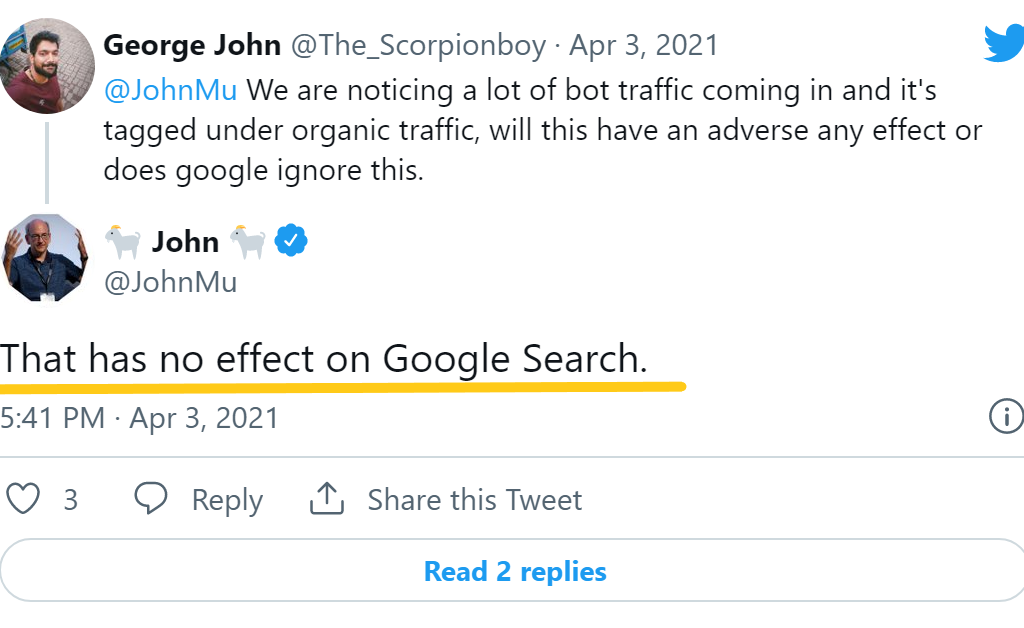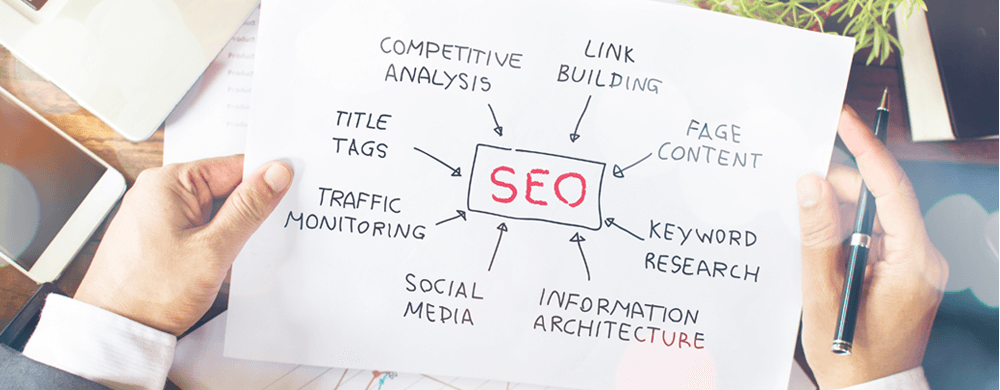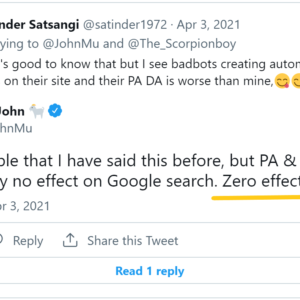<Source>
Introduction
The Internet has visitors that aren’t necessarily human. Much like humans access the web for specific purposes – browsing, shopping, reading, information, etc. – bots also make use of the internet for other reasons. You already know of some of the bots that visit your website, in the form of search engine’s crawlers and indexers. However, there is a dark side to this: there are also bots that are responsible for fraudulent activities, like data scraping.
There necessarily aren’t any “good” or “bad” bots per se – it is only the purpose for which they are created that defines whether or not they can do good things for your website. Statista reports that in the year 2020, while human traffic comprised a good 59.2% share of the web, there were 15.2% good bots, and a surprising 25.6% were bad bots. The share of bad bots was clearly higher, leaving the obvious question behind: what about your website? A good local SEO company may or may not consider bots a bad thing.
Let’s take a deeper look into how bots can impact the SEO of your website.
Does Bot Traffic Impact SEO?
While this has been a topic of multiple debates and controversies all over the internet, the general consensus is this: bot traffic does not impact Google search, according to the words by John Mueller of Google.
So while this has been an issue that a lot of bot traffic, tagged as organic, visits a webpage and attempts to create backlinks (even on pages with low Page Authority and Domain Authority), Google search doesn’t really care.

<Source>
Identifying bot activity on your website or a webpage can be easily done using any analytics tool, such as the one by Google. Basically, look out for the following identifiers:
- Alarming bounce rates. If your webpages are experiencing alarmingly high bounce rates, chances are that this is bot traffic
- Abnormal session durations. Humans take an average amount of time on a website to accomplish the purpose – if you are seeing bounce rates much higher or lower than a human user can manage, you are looking at bot traffic
- Concentrated traffic. Analytics tools tell you where your traffic is coming from; if you notice abnormally high traffic from one particular region during a certain amount of time, they could be bots
- High pageviews. If you notice a massive spike in pageviews overnight or in a short time, it is the doing of bots
- High conversions. Noticing a lot of junk or suspicious-looking email addresses subscribing to your lists? They could be bots
If you keenly observe the activities these bots are doing, you will notice they aren’t really “harmful” to your website. They just give your website numbers a momentary shock is all. For the short term, bot activity on a website isn’t harmful. However, if this has been persisting for some time now, maybe it is time to do something about it.
Usually, it takes a lot of preparation beforehand for a malicious bot (or a group of bots) to actually harm a website or a computer. A good example is DDoS attacks – Distributed Denial of Service attacks – on computers connected to the internet. However, this, too, needs a malware plantation before a botnet can be mobilized to overwhelm a website with traffic.
One thing that could potentially harm your website is the web scraper bot – a bot designed to “scrape” all the data on your website (even the HTML code) and replicate it anew elsewhere. This could take away the genuine, organic traffic from your website and redirect it to the replica where your consumers may be at risk of being harmed or played. Phishing attacks commonly deploy data scraping methods to gain access to the employee credentials for information they are targeting.
Another factor that makes long-term bot traffic harmful for your website has a lot to do with revenues. You could stand to lose revenue from the traffic on your website if it is detected to be coming from bots as determined by AdSense.

<Source>
This victim ended up losing over 45% of his monthly revenue from the website to bot attack. While all of this sounds massively concerning, short-term bot traffic usually isn’t harmful – it is the long term traffic you need to be wary of.
Conclusion
Bots were developed to help search engines make sense of the websites by crawling them and indexing for displaying on the search results. However, the rise of bad bots has created a concerning reputation for bot visits to a website. Most of the time, a bot visiting your website is a result of marketing attempts by other businesses. However, it is important to monitor the duration for which bots visit your website – if the problem persists for the long term, it may be time to take action and install a screen or a filter to prevent malicious bots from visiting your webpages.











